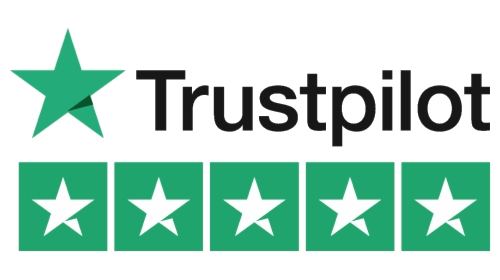When diving into the world of finance and loans, especially for small business owners, the vast array of options can be overwhelming. One term that consistently crops up is “collateral loans.” This article delves deep into collateral loans, shedding light on their advantages, potential pitfalls, and why some funding options might be preferable for a small business owner.
Get Funded Now
1. Understanding Collateral Loans
Collateral loans, also known as secured loans, differ from unsecured loans in that they require borrowers to offer up an asset—a valuable asset—as security for the loan amount. Should the borrower fail to meet the repayment terms, the lender has the right to seize the offered asset to recoup the loan amount.
Common Types of Collateral Loans:
Car Loan: As the name suggests, this type of loan is usually taken against the borrower’s car. Auto loans are a ubiquitous example of this.
Home Equity Loan: This loan is against the borrower’s home. It differs from home equity lines of credit in terms of its loan structure and repayment terms.
Secured Personal Loans: Offered by credit unions, traditional banks, and online lenders, these require any form of valuable collateral—from real estate to collectibles.
2. Benefits of Opting for a Collateral Loan
Potentially Lower Interest Rates: Since the lender’s risk is reduced by having collateral, they often offer lower interest rates compared to unsecured personal loans.
Better Loan Amounts: Financial institutions often provide larger loan amounts if there’s collateral. This is particularly advantageous if you need substantial funding for your small business.
Flexible Credit Score Requirements: For borrowers with bad credit or poor credit history, collateral loans can be a saving grace. By offering a valuable asset, they can still prequalify for loan offers even if their credit report isn’t stellar.
3. Drawbacks or Cons of Collateral Loans
Risk of Losing Asset: The most significant risk is losing your asset. If you default on monthly payments, your property, be it real estate or an automobile, could face foreclosure.
Potentially High Interest Rates: If you have a weak credit score or poor creditworthiness, even a secured loan could come with high interest rates.
4. Collateral Loans and Their Requirements
Several factors come into play during the loan application process:
Valuable Collateral: Whether it’s savings account balances, certificates of deposit, personal assets, or any other forms of collateral, they need to match the loan amount you’re seeking.
Proof of Income: While some financial institutions might not strictly require it, having proof of income strengthens your application and eligibility.
Credit History and Score: Although collateral can ease the credit requirements, having a good credit or at least a fair credit history is always beneficial.
5. Merchant Cash Advances: An Alternative
Merchant cash advances are not loans nor lines of credit and are unique in that they do not require any kind of real estate collateral. Instead, they offer cash in exchange for a portion of your future sales. They might use business assets as collateral but differ from business loans.
For small business owners, especially in regions like California where the business landscape is dynamic, merchant cash advances offer several advantages:
Flexible Repayment Terms: Instead of fixed monthly payments, repayments* adjust based on your daily sales.
Quick Funding: Perfect for businesses needing short-term funding, merchant cash advances typically have a quicker application process.
No Rigid Credit Checks: Your creditworthiness isn’t the sole factor determining eligibility. This is ideal for businesses with an excellent operational record but maybe not a strong credit score.
6. When Repayments Kick in and Other Details
For collateral loans, monthly payments generally start within a month of obtaining the loan. The loan terms, including the interest rate and the loan amount, are often determined by your credit score, the value of the collateral, and the lender’s policies, whether they’re credit unions, traditional banks, or online lenders.
Moreover, some lenders might charge an origination fee, which could either be a flat fee or a percentage of the loan amount.
7. The Consequences of Defaulting
If borrowers default on a secured loan, the asset provided as collateral can be seized by the lender. Depending on the asset’s type, this could mean foreclosure of real estate or repossession of vehicles. Furthermore, defaulting negatively impacts one’s credit score, making future financial endeavors more challenging.
Conclusion
Collateral loans can be a valuable tool in personal finance, especially when seeking funding for small businesses. However, as with all loan options, it’s crucial to understand the intricacies. While they offer opportunities for those with bad credit or larger loan amounts, the risk of losing a valuable asset is always looming.
For small business owners, merchant cash advances might be a preferable option, offering flexibility and quick access to funds. Always ensure you’re informed, considering both your current financial state and future business projections, before diving into any financial agreement.
*Repayment in this context describes the process of repurchasing a merchant cash advance. It does not describe the process of repaying a loan. MCAs are legally distinct from loan products.






